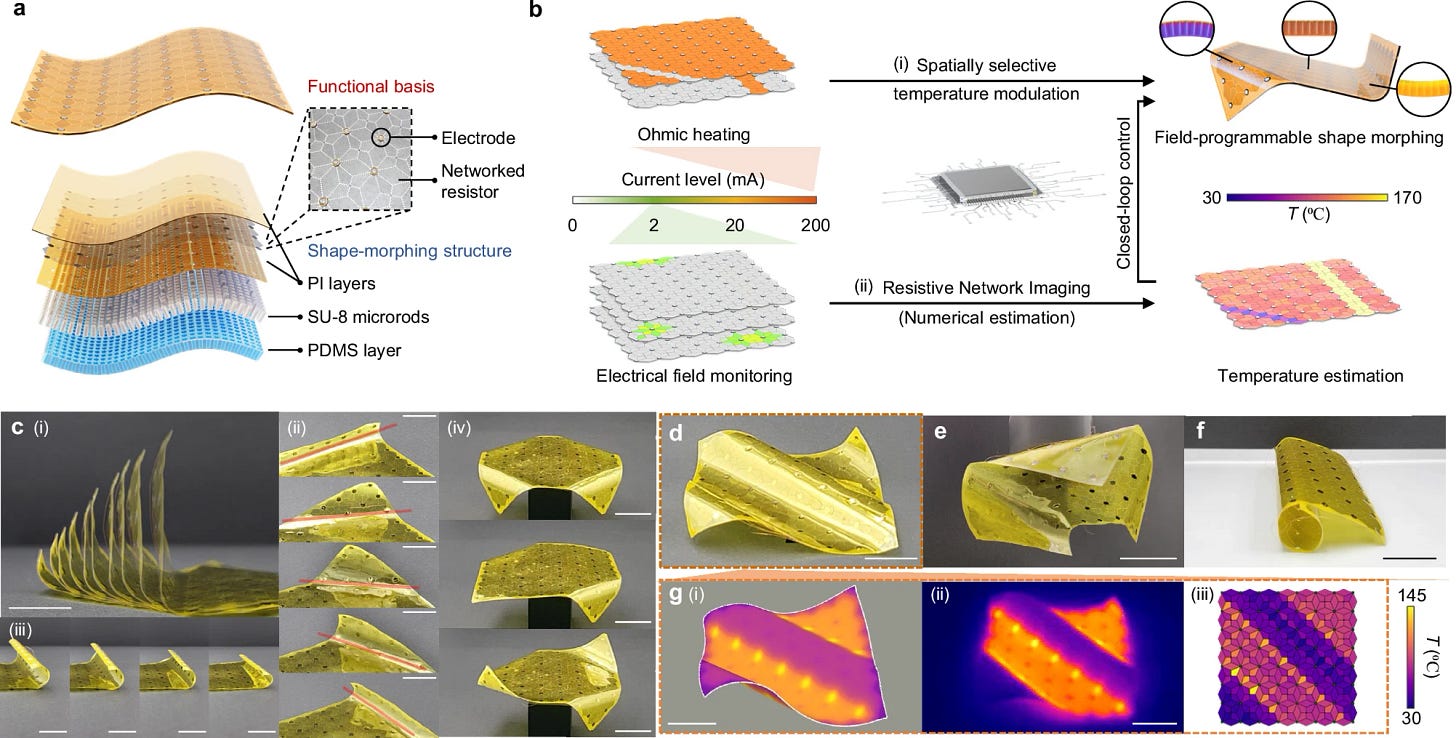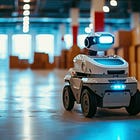NASA, Reliable Robotics team up on UAS, FORT Robotics raises $18.9 mln, and more
Daily brief on news from the world of autonomous mobile robots.

FORT Robotics raises $18.9 million for next-generation safety in robotics
FORT Robotics secured an additional $18.9 million in a Series B expansion, increasing its total funding to $60.5 million. The investment, led by Tiger Global and joined by new and returning backers, will accelerate the company's push to provide safety, security, and dynamic control to autonomous machines at worksites worldwide. FORT will use the funds to enhance its platform, expand analytics capabilities, and grow internationally as autonomous robotics adoption increases.
PrismaX debuts remote robot platform to accelerate data-driven AI
PrismaX has launched a teleoperation platform enabling users to log in and remotely operate robotic arms, aiming to amplify human-robot collaboration and generate visual data for AI model training. Backed by $11 million in funding, PrismaX plans to create a decentralized network connecting operators to diverse robots, fueling foundational AI development through a self-reinforcing data flywheel. Early focus is on data collection and tele-op tournaments, evolving later toward autonomous robot deployment and large-scale production services.
NASA and Reliable Robotics partner to accelerate safe integration of large autonomous aircraft into US airspace
NASA and Reliable Robotics have partnered under a Space Act Agreement to advance the integration of large uncrewed aircraft systems (UAS) into the US National Airspace System. Their joint research will focus on automated systems for safely navigating airspace—such as detect-and-avoid capabilities—and on simulating scenarios like lost communications and airport interactions. The collaboration aims to develop standards and infrastructure supporting scalable cargo and transport operations by autonomous aircraft, building on earlier DAA (detect and avoid) flight tests between the organizations.
Apple pledges $100 billion to boost U.S. manufacturing, launches American Manufacturing Program
Apple has committed an additional $100 billion to U.S. manufacturing over four years, raising its total domestic investment to $600 billion. The new American Manufacturing Program prioritizes advanced manufacturing and supply chain expansion, with key partnerships—such as Corning for iPhone and Apple Watch glass in Kentucky and Texas Instruments, Broadcom, and others in semiconductors. Apple also plans to add 20,000 U.S. jobs across R&D, silicon engineering, and AI development.
Beijing opens world’s first 4S store for humanoid robots as China advances AI commercialization
China has inaugurated the world’s first 4S store for embodied AI robots, named Robot Mall, in Beijing’s Yizhuang district. Opening August 9, 2025, alongside the World Robot Conference, the facility marks a major push to commercialize advanced humanoid robots and develop a robust industrial ecosystem. The Robot Mall aims to showcase, sell, and support next-generation service robots, underlining China’s ambition to lead the high-tech robotics sector globally.
Robotic folding sheet crawls and grasps using built-in programmable sensors
Researchers at KAIST have developed a flexible robotic sheet that combines densely embedded heat-sensitive resistors acting as both heaters and sensors, enabling it to crawl over surfaces and precisely grasp various objects. The sheet's shape and movements can be dynamically programmed, allowing folding angles from -87° to 109° and stable operation from 30°C to 170°C. This breakthrough could advance robotics for exploration, smart healthcare, and haptic technology by enabling more adaptable, terrain-responsive machines.


